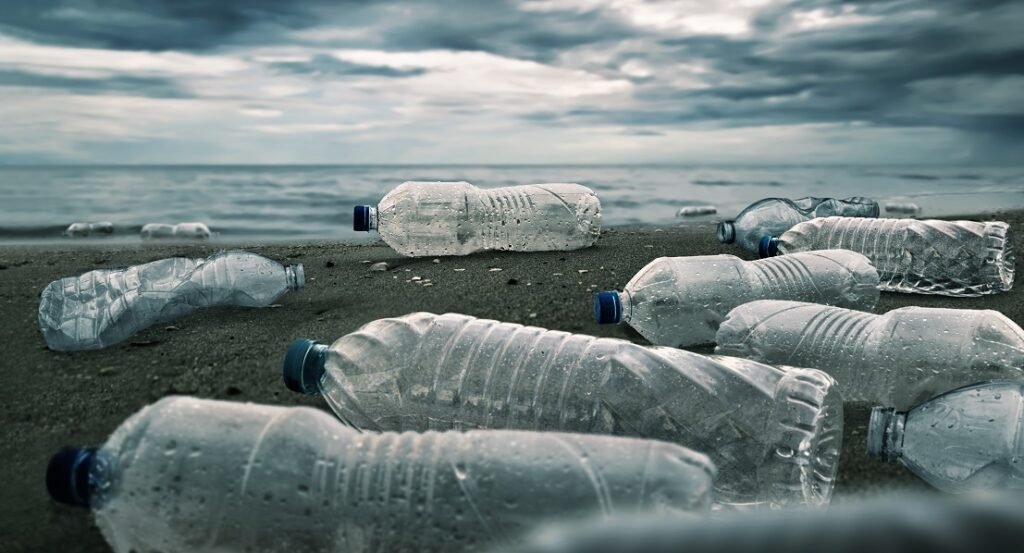The resumed fifth session of the United Nations Environment Assembly (UNEA-5.2) which took place from February 28 to March 2, 2022, adopted a resolution to end plastic pollution and to formulate a draft of legally binding international agreement by the end of 2024. The draft agreement is expected to provide diverse alternatives to address (1) the entire lifecycle of plastics; (2) the design of reusable and recyclable products and materials; and (3) the necessity for enhanced international collaboration to facilitate access to technology utilization, capacity building and scientific and technical cooperation. To complete the draft agreement, an Intergovernmental Negotiating Committee will be established.
Schedule for formulating the draft international agreement
- An Intergovernmental Negotiating Committee (INC) will be established to facilitate science-informed open discussions and report progress throughout the next two years.
- An ad-hoc open-ended working group will be convened during the first half of 2022 to prepare for INC’s work, in particular to discuss the timetable and organization for the INC’s work.
- In conjunction with the INC’s first session, a forum that gathers and shares knowledge and best practices from around the world will be convened by the end of 2022.
- The INC will start its work during 2022 aiming to develop a draft international agreement by the end of 2024.
- Upon completion of the INC’s work, the UN Environment Programme (UNEP) will a diplomatic conference to adopt the drafted agreement and call for signatures
The current state of plastic pollution
In its press release, UNEP presents the current situation of plastic pollution as follows, according to its past reports and other resources:
- Plastic production volume increased from 2 million tons in 1950 to 348 million tons in 2017, which is projected to double in 2040, compared to 2017 level.
- By 2050, greenhouse gas (GHG) emitted from production use and disposal of plastics will account for 15% of the allowed emissions under a scenario to limit global warming to 1.5°C.
- A total of 11 million tons of plastic waste flow into oceans annually.
- More than 800 marine and coastal species are affected by plastic pollution through ingestion, entanglement, and others.
- Transitioning to a circular economy of plastics is expected to reduce the amount of plastics entering the ocean by more than 80% by 2040, reduce virgin plastic production by 55%, save 70 billion USD by 2040, and reduce GHG emissions by 25%. Such transition will also create 700,000 jobs, mainly in the Global South.
Related documents to this article can be found at the following URL:
- UNEP press release:
https://www.unep.org/news-and-stories/press-release/historic-day-campaign-beat-plastic-pollution-nations-commit-develop
- Draft resolution “End plastic pollution: Towards an international legally binding instrument”:
https://wedocs.unep.org/bitstream/handle/20.500.11822/38522/k2200647_-_unep-ea-5-l-23-rev-1_-_advance.pdf?sequence=1&isAllowed=y
 UN Environment Assembly adopts resolution for developing a draft international agreement to end plastic pollution
UN Environment Assembly adopts resolution for developing a draft international agreement to end plastic pollution 

























